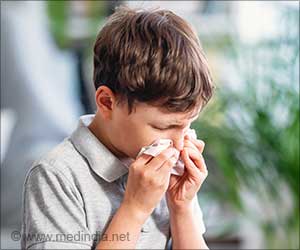
‘The rate of infection spread by B1617 variant of SARS-CoV-2 virus is becoming high. Speeding up the vaccination drive could help prevent serious infections.’
Tweet it Now
Battling with B1617 The new B1617 variant of SARS-CoV-2 was first detected in India in October 2020. It is now spreading at a high speed and got more than 50 countries under its control. It was found to have three versions namely B16171, B16172, and B16173 in which the third one is rare, but the second version is the most relevant as it outperformed B16171 in the cases reported.
"What is frightening is the speed at which this variant is able to spread and circulate widely within the community, often surpassing the capability of contact-tracing units to track and isolate exposed contacts to break the transmission chains. It has the potential to unleash a bigger pandemic storm than the world has previously seen," said professor Teo Yik Ying, Dean of the National University of Singapore's (NUS) Saw Swee Hock School of Public Health.
The World Health Organization declared it as a "variant of global concern" earlier this month.
Vaccination might lower severe infections
Advertisement
Also, the vaccines from Pfizer, Moderna, and AstraZeneca proved their efficiency in fighting B1617. Unfortunately, many countries are now lagging behind in vaccination due to the imbalance in vaccine supplies and distribution.
Advertisement
Source-Medindia













